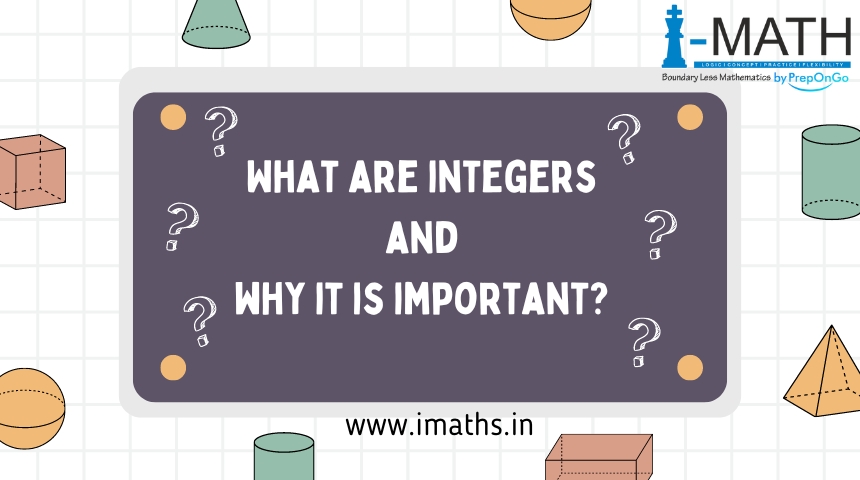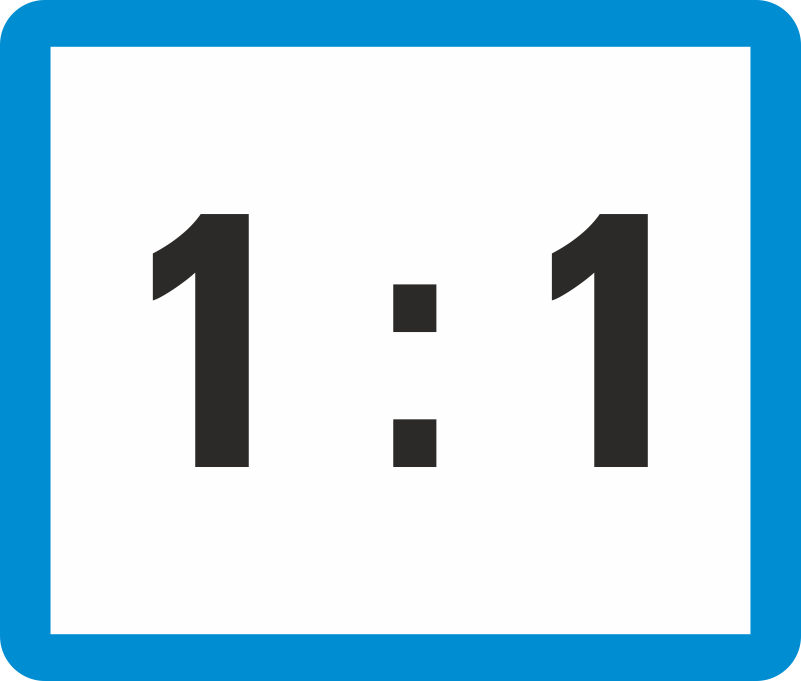What are integers and why it is important?

Have you ever counted apples or stairs? Maybe you used pebbles to keep track while playing a game? If so, you’ve used whole numbers! These are the positive numbers we use for counting: 1, 2, 3, and so on. But what about temperatures that go below zero, or owing someone money (negative amount)? This is where integers come in!
Imagine integers like a number line stretching infinitely in both directions. Whole numbers occupy the right side, starting from 1 and going on forever. But the line doesn’t stop at zero! It goes to the left as well, representing negative numbers. So, integers are basically whole numbers (including zero) and their opposites (negative versions).
Here are some examples of integers:
- Positive integers: 4, 10, 22 (counting numbers)
- Zero: 0 (neither positive nor negative)
- Negative integers: -3, -7, -100 (opposite of counting numbers)
Why are Integers Important?
Integers might seem simple, but they’re the building blocks for almost all math! Here’s why they’re important:
- Everyday Uses: We use integers all the time! Keeping track of scores in games (+ and -), measuring temperatures (positive and negative), representing money earned or owed (positive and negative), and even showing floors in a building (positive and negative) – all involve integers.
- Basic Math Operations: Addition, subtraction, multiplication, and even division (sometimes) all work with integers. Knowing how integers behave under these operations is crucial for solving many math problems.
- Foundation for Other Numbers: Integers are the stepping stone to understanding fractions and decimals. Fractions can be seen as splitting a whole number (integer) into parts, while decimals are another way to represent parts of a whole (often used with money or measurements).
Fun with Integers!
Learning about integers doesn’t have to be boring. Here are some activities to try:
- Number Line Game: Draw a number line and take turns placing counters on positive, negative, or zero based on instructions (e.g., move 3 to the right, jump 5 to the left).
- Integer Race: Divide players into teams. Each team rolls a die and adds/subtracts the number rolled to their current integer position on a pre-drawn board. First team to reach a target integer wins!
- Integer Riddles: Think of riddles where the answer is an integer (e.g., I am always less than zero, who am I? – A negative number).
By understanding integers, you unlock a whole world of math! They may seem simple, but they’re powerful tools for counting, measuring, and solving problems in our daily lives. So next time you use a number, take a moment to see if it’s an integer!




